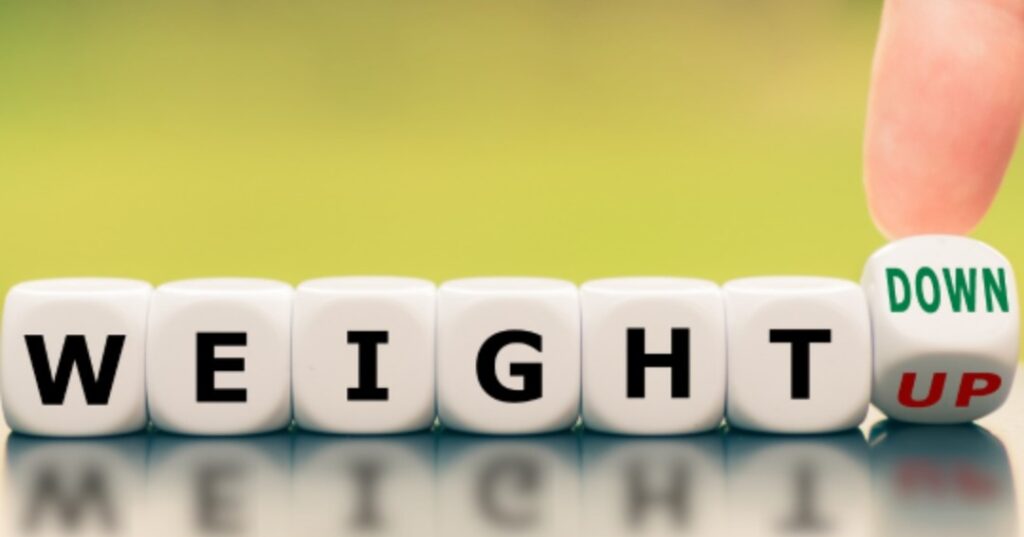How We Gain and Lose Weight

To understand how we gain and lose weight, we need to start with insulin. Medical researchers and internal medicine doctors almost universally agree that the amount of insulin a person produces is the determiner of weight gain and weight loss. Gary Taubes, a medical researcher and recipient of multiple awards from the National Association of Science Writers, refers to insulin as “the stop-and-go light of weight gain and loss.” Produce more insulin—you will gain weight. Produce less insulin— you will lose weight. Insulin is a hormone that allows the glucose (also called blood sugar) in your blood to get out of your bloodstream and into your cells for energy for whatever your current activity or inactivity is. If you have more glucose in your bloodstream than your current energy need, the excess is stored in your liver (called glycogen in its storage form). If your liver is full and you still have excess glucose in your bloodstream, the rest is stored as body fat around your butt, your thighs, your belly—and generally every place you don’t want it to be.